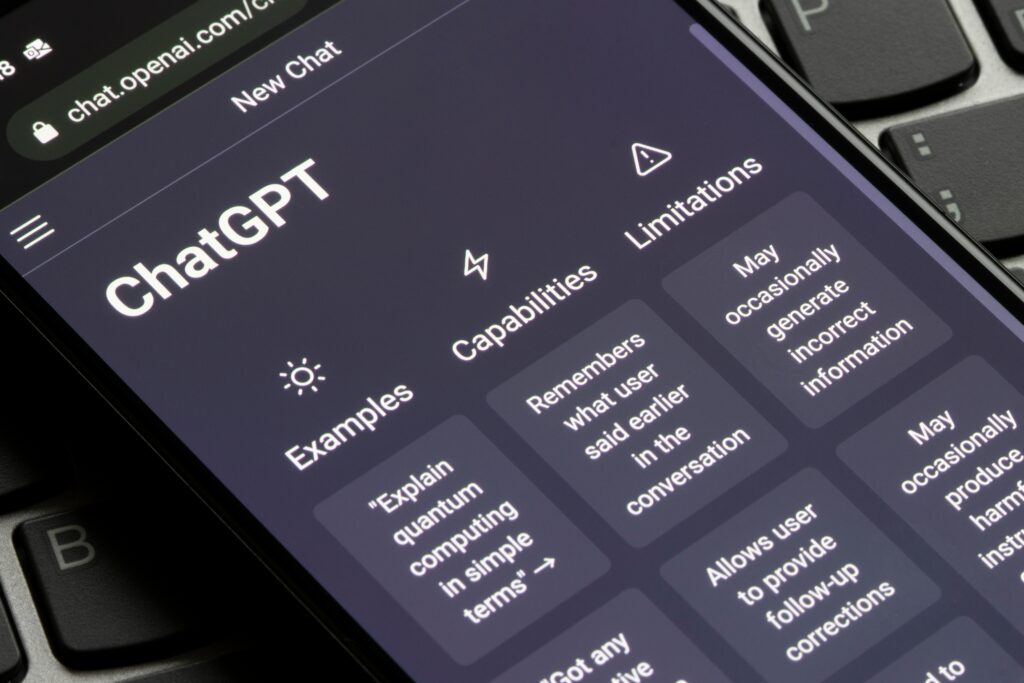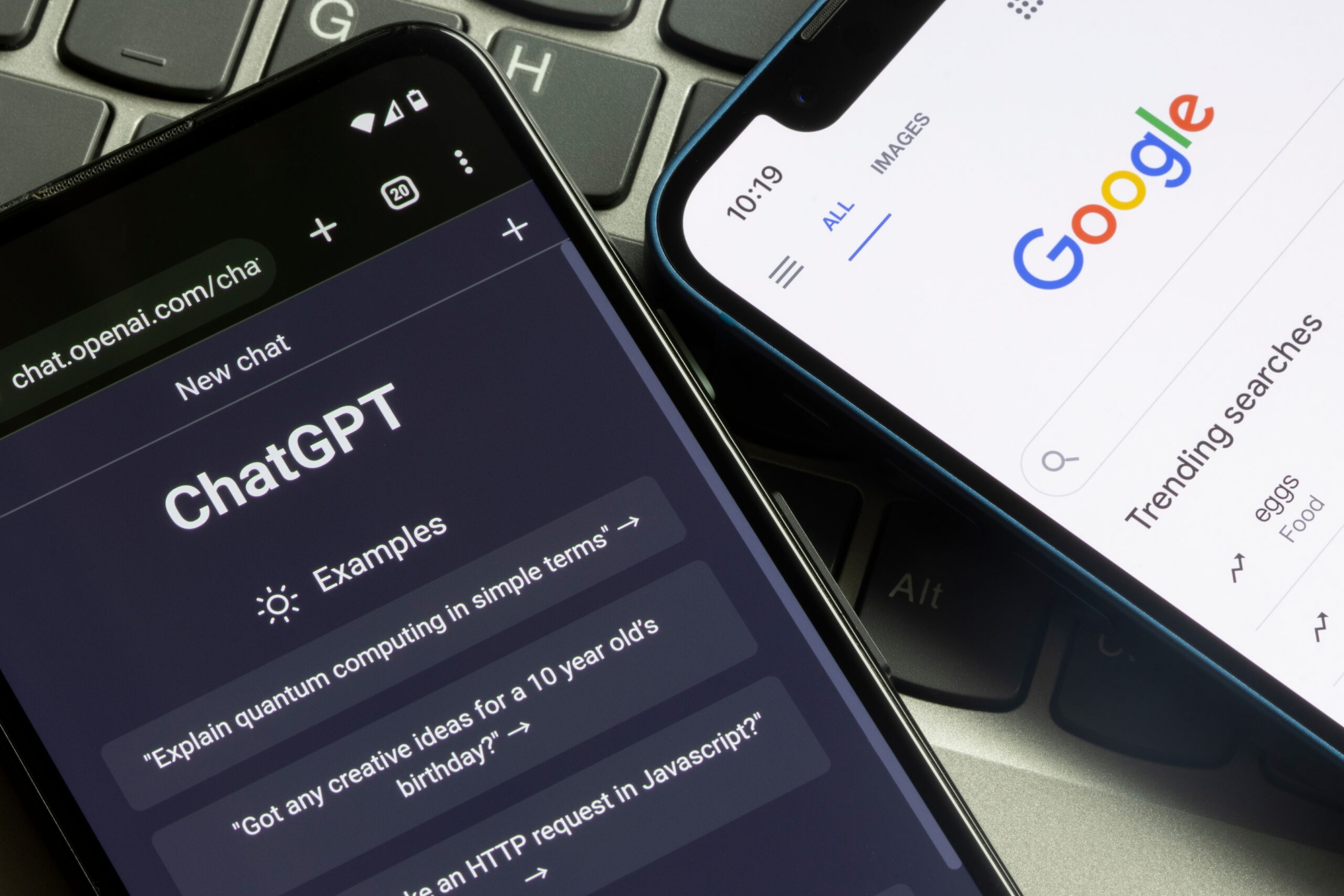The AI Specialist, Yan LeCun, at Meta stated that ChatGPT is overrated, and they don’t release such similar AI-driven tools because there might be more losses than gains.
It’s not that Google and Meta are not capable of rolling out their own ChatGPT. They are indeed thinking long-term and cautiously, said Yann LeCun in the online webinar on AI last week. In 2019, LeCun won the Turing award, an annual prize given by the Association for Computing Machinery for contributions of lasting and major technical importance to computer science. He’s currently a professor at New York University and the Chief AI Scientist for Meta AI Research.

ChatGPT is an AI-powered language processing model developed by OpenAI, which is said to be the market leader in generative AI. ChatGPT has taken the world by storm ever since its release in late November, 2022. Lecun, however, begs to differ
“It’s nothing revolutionary, although that’s the way it’s perceived in the public,” said LeCun. “It’s just that, you know, it’s well put together, it’s nicely done.”
Such data-driven AI systems have been built in the past by many companies and research labs, said LeCun. The idea of OpenAI being alone in its type of work is inaccurate, he said
ChatGPT uses Transformer architectures that are pre-trained in this self-supervised manner Transformer is an invention published by Google in 2017, which then becomes the basis of a vast array of language programs, including GPT-3, the predecessor of GPT-3.5 – the technology behind ChatGPT. The work of such language programs goes back decades, said LeCun.

OpenAI’s program has, moreover, made extensive use of a technique called reinforcement learning through human feedback (RLHF), which gets human agents to help rank output of the machine in order to improve it, much like Google’s Page Rank for the web. That approach was pioneered not at OpenAI, but at Google’s DeepMind unit, he said.
Even with Large Language models (LLMs), such solutions like ChatGPT are only beneficial as a writing assistant; it is not advanced enough to serve as a search engine. The RLHF framework might help minimizing but not completely eliminating common errors by AI.
According to Digital Trends, Google and Meta have long ago utilized AI in identifying misleading information or programming it into search engines. However, their concern is the extent to which AI is used in interacting with their audiences. In particular, Meta usually receives backlash in facilitating the spread of fake news. Therefore, the application of AI-powered language models might cause big tech companies more disaster if not managed properly and cautiously.
Besides its popular functions and advantages, ChatGPT generates certain concerns for its limit. Thanks to how popular it’s become, the AI text generator ChatGPT has often been “at capacity” recently, meaning frustratingly long waits. In addition, Lecun explained on his own Twitter that Google, Meta and other tech giants are reluctant to release their own AI program for public use, since such systems are also capable of creating toxic content such as fake news, hate speeches, etc.
Lecun also revealed that Meta’s upcoming AI will have the ability to design graphics and ads to meet ever-increasing advertising needs.
“There’s something like 12 million shops that advertise on Facebook, and most of them are mom and pop shops, and they just don’t have the resources to design a new, nicely designed ad,” observed LeCun. “So for them, generative art could help a lot.”
With this upcoming invention, Meta will be able to help small businesses promote themselves by automatically producing media that promote a brand and business, he offered.




